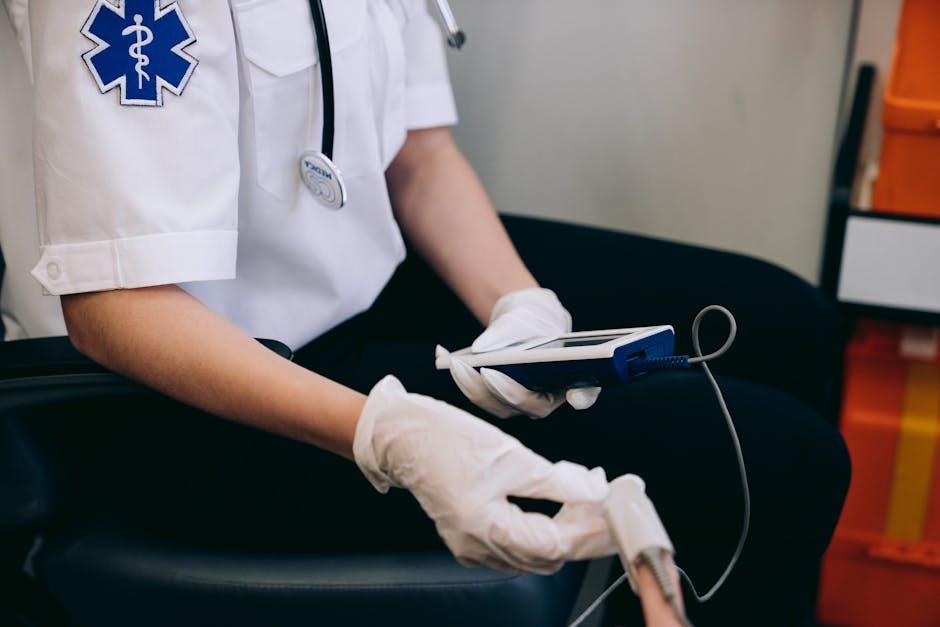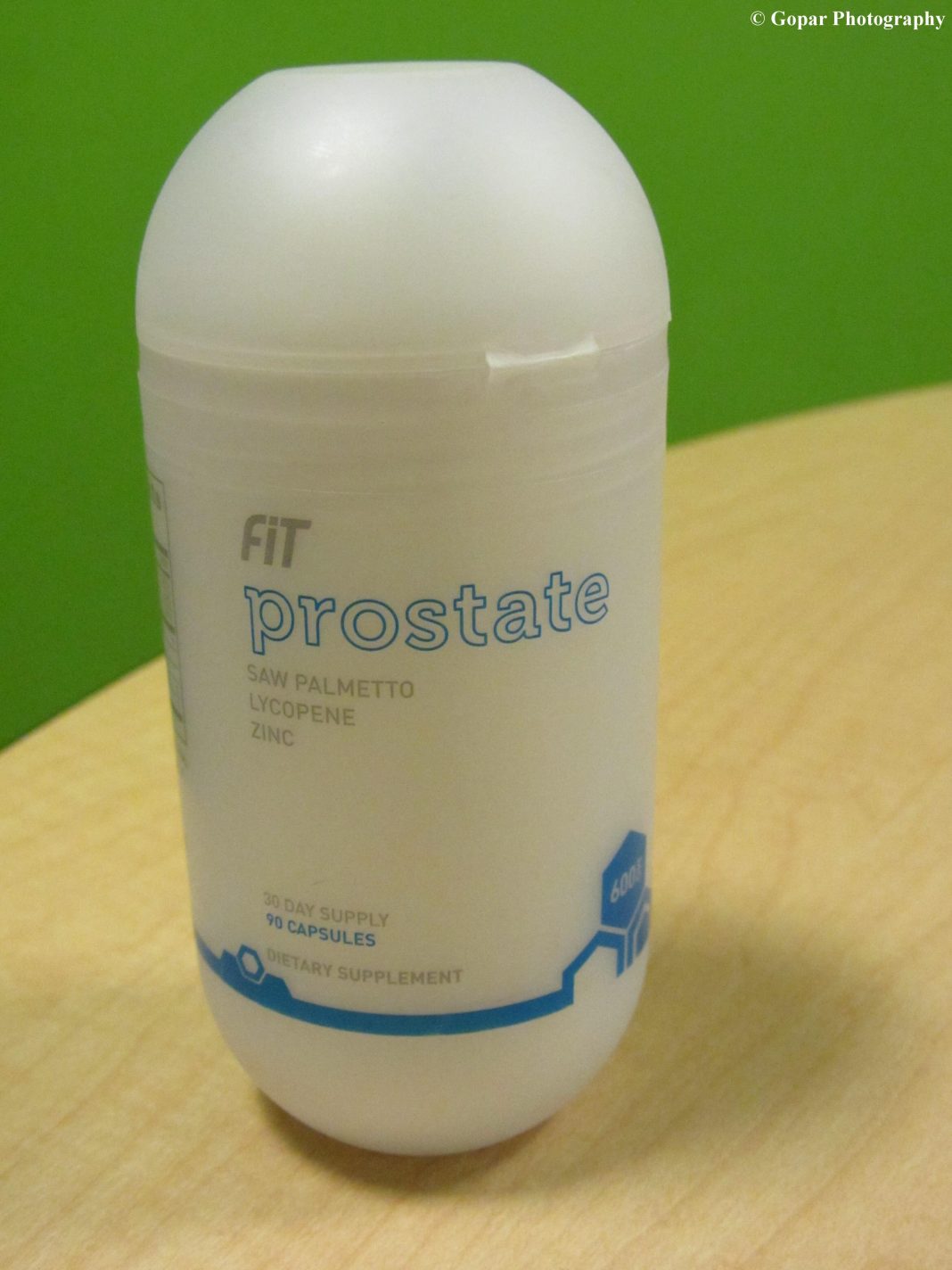In the complex symphony of the human body, the prostate often plays a quiet yet crucial role, silently supporting our health in ways we might not immediately recognize. Nestled beneath the bladder, this walnut-sized gland can sometimes become the epicenter of concern, especially as we age. While it might not be the most glamorous topic, maintaining prostate health is essential for overall well-being. Whether you’re proactively seeking ways to support this vital gland or are simply curious about the steps you can take, this guide offers insightful tips to keep your prostate in harmonious balance. Dive into our collection of top tips for maintaining prostate health, where science meets everyday wisdom, and discover how small changes can make a significant impact.
Understanding the Prostate and Its Functions
The prostate, a walnut-sized gland nestled just below the bladder, plays a crucial role in the male reproductive system. This gland is responsible for producing seminal fluid, a component that nourishes and transports sperm. As men age, understanding the functions and needs of this vital organ becomes increasingly important. Hormonal balance, cellular health, and proper circulation are key elements in maintaining prostate wellness. Without these, the risk of developing conditions such as benign prostatic hyperplasia (BPH) or prostate cancer may increase.
- Hormonal Balance: The prostate relies on a delicate balance of hormones, including testosterone and dihydrotestosterone (DHT), to function properly.
- Cellular Health: Antioxidants and a diet rich in fruits and vegetables can support cellular integrity and reduce oxidative stress.
- Proper Circulation: Regular exercise promotes healthy blood flow, ensuring the prostate receives necessary nutrients and oxygen.
By understanding these functions, men can make informed decisions about their lifestyle choices to support prostate health throughout their lives.

Dietary Choices that Support Prostate Wellness
Embracing a balanced diet can be a powerful ally in supporting prostate health. Prioritize fruits and vegetables, as they are rich in antioxidants and essential nutrients. Cruciferous vegetables like broccoli, cauliflower, and Brussels sprouts are particularly beneficial. Tomatoes are another excellent choice due to their high lycopene content, a powerful antioxidant that has been linked to prostate health benefits.
- Omega-3 fatty acids: Incorporate sources like flaxseeds, walnuts, and fatty fish such as salmon and sardines. These can help reduce inflammation and support overall health.
- Green tea: This beverage is packed with polyphenols, which may help in maintaining prostate wellness.
- Limit red meat and processed foods: Opt for lean proteins like chicken or plant-based alternatives to reduce the intake of unhealthy fats and preservatives.
Staying hydrated and maintaining a healthy weight also play crucial roles. While these dietary adjustments can contribute to better prostate health, it’s essential to consult with healthcare professionals for personalized advice.

Exercises to Enhance Prostate Health
- Kegel Exercises: Often associated with women’s health, Kegel exercises can also benefit men by strengthening the pelvic floor muscles. These exercises are simple yet effective. To perform, focus on tightening the muscles you use to stop the flow of urine, hold for a few seconds, and release. Repeat several times a day for optimal results.
- Yoga and Stretching: Incorporating yoga into your routine can promote better prostate health by improving flexibility and circulation. Poses like the Cobbler’s Pose and the Seated Forward Bend can help relieve tension in the pelvic area, potentially easing symptoms related to prostate issues.
- Walking and Aerobic Activities: Regular aerobic exercises, such as brisk walking, cycling, or swimming, can help maintain a healthy weight and improve blood circulation, which is essential for prostate health. Aim for at least 30 minutes of moderate activity most days of the week to keep your body in top shape.

Regular Check-ups and Screenings for Early Detection
Incorporating regular medical check-ups and screenings into your health routine is a proactive step towards maintaining prostate health. Early detection of potential issues can make a significant difference in treatment outcomes. Here are some essential screenings to consider:
- PSA Test: The Prostate-Specific Antigen (PSA) test measures the level of PSA in your blood, which can be an indicator of prostate health. Regular monitoring helps in identifying any unusual changes early.
- Digital Rectal Exam (DRE): This physical examination allows doctors to feel for abnormalities in the prostate. While it might sound daunting, it’s a quick procedure that can provide crucial insights.
- Ultrasound and MRI: In certain cases, imaging tests like ultrasounds or MRIs might be recommended to get a clearer picture of the prostate’s condition.
Discussing these screening options with your healthcare provider can help tailor a plan that fits your individual health needs and risk factors. Staying informed and vigilant is key to early detection and effective management.








